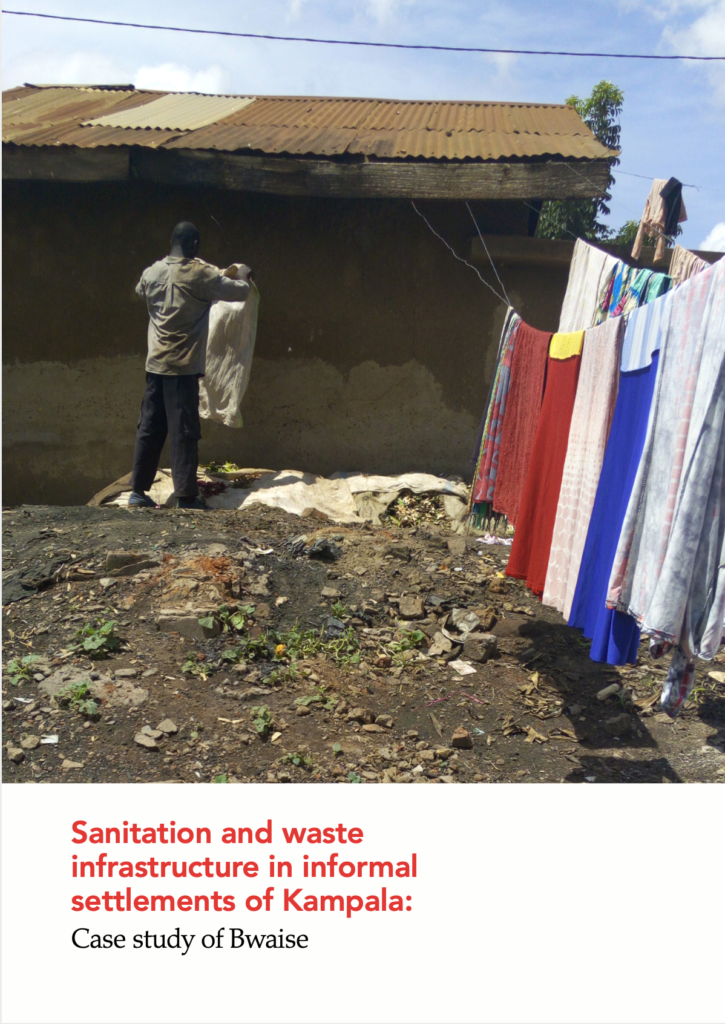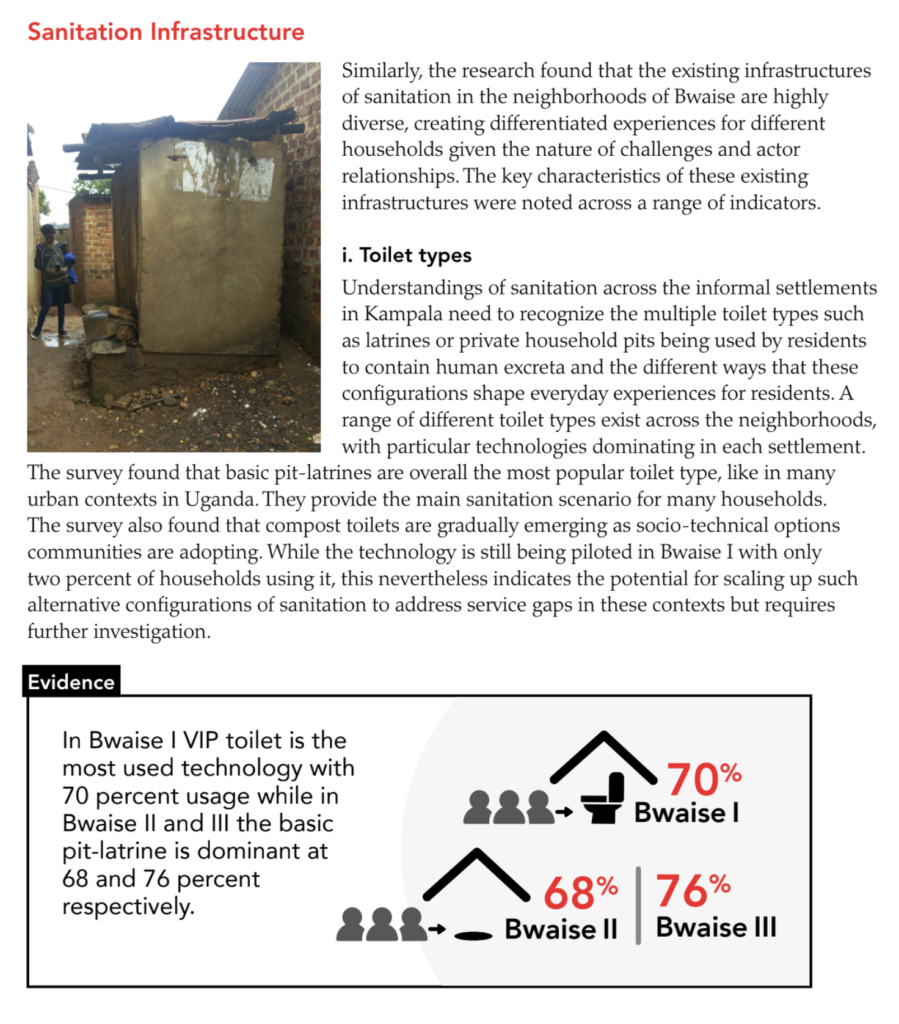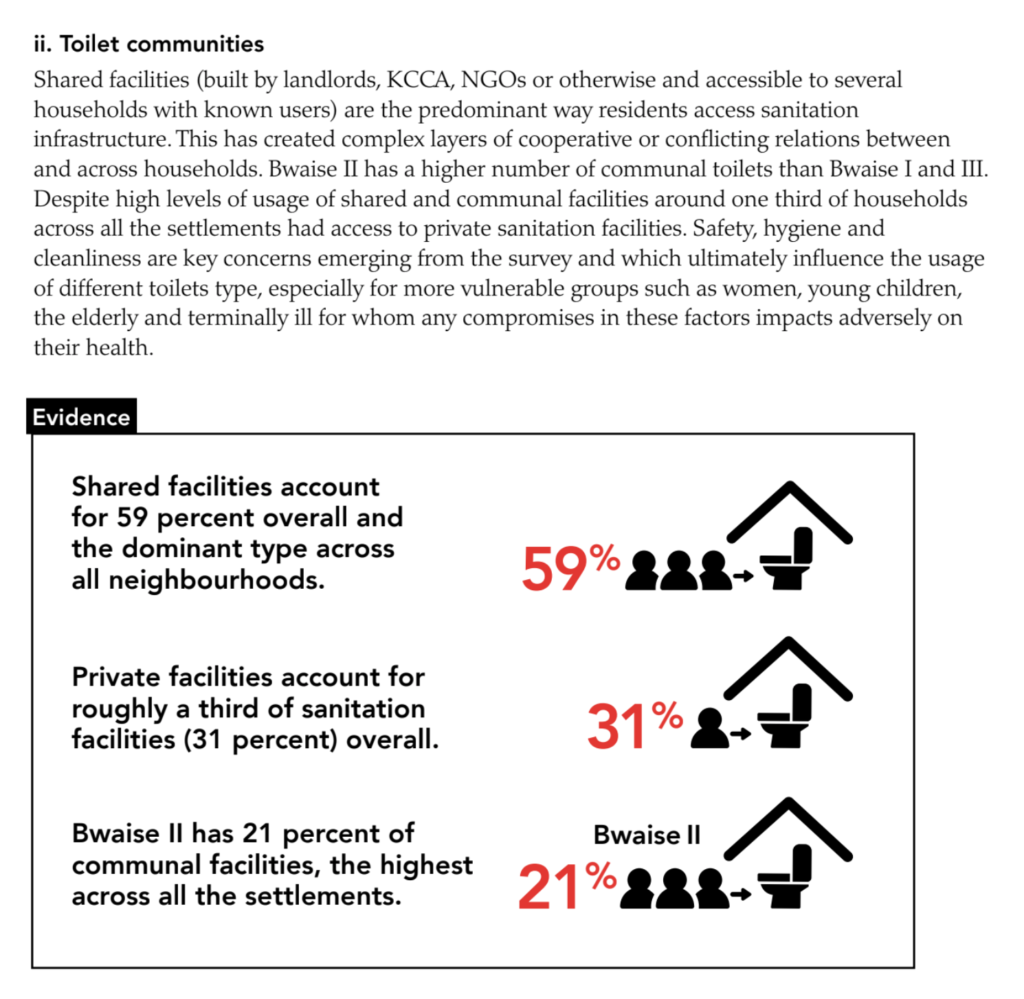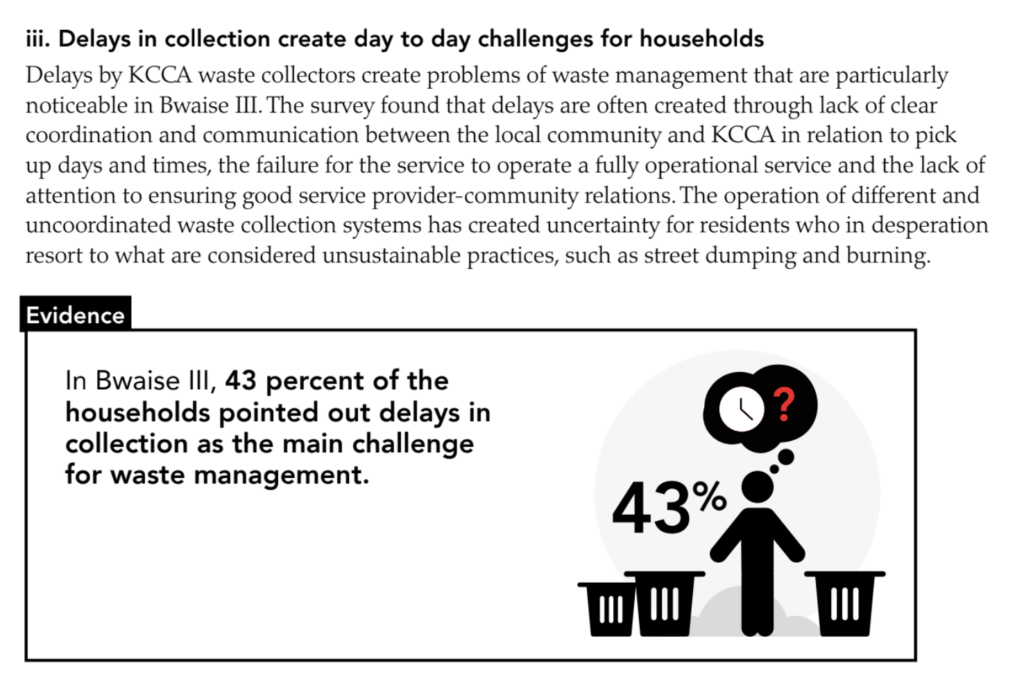Press the cover image or this link for the full report. Excerpts from the report below.




The Urban Action Lab (UAL) at Makerere University in Kampala, Uganda has launched their website. The UAL is run by Professor Shuaib Lwasa and his team of urban researchers and students and the Lab will make a crucial contribution from East Africa to pan-African attempts in facing urban challenges of the 21st century. By Henrik Ernstson Shuaib just sent out an email to a row of urban scholars that are all serious about contributing to urban sustainable and just cities through the particular experiences and challenges of Africa and the South. He writes: [A]fter several years of engaging in urban research, conceptual rethinking as well as solutions-oriented co-generation of knowledge with all of you at various points, we now have an online platform for sharing the knowledge while we continue to galvanise the understanding of urbanisation in sub-Saharan Africa. With Uganda and East Africa as the launch pad, the UAL is envisaged to grow into a regional knowledge hub and Centre focused on the various issues in regard to African Urbanism and sustainable urban development. For those going to the Habitat III conference in Quito, Ecuador 17-20 October 2016, the Urban Action Lab will exhibit in the Exhibition Hall. Shuaib Lwasa and PhD student Peter Kasaija, will […]
Call for Papers: African Centre for Cities International Urban Conference, 1-2 February 2018 Session: Working infrastructures in cities of the Global South Organisers: Kathleen Stokes (University of Manchester) and Nate Millington (University of Cape Town) Infrastructures contribute to the collective flows and metabolisms that produce urban space. From sanitation to transport, electricity to water, these socionatural configurations are essential to the organising and delivering of the resources that shape human livelihoods, economic markets, and urban environments. Urban inhabitants not only draw upon and contribute to infrastructural flows and processes – their environments and lives are influenced and informed by the nature of infrastructures themselves. According to Easterling, “far from hidden, infrastructure is now the overt point of contact and access between us all – the rules governing the space of everyday life” (2014, 11). Recent scholarship has theorised infrastructure as ‘splintering’ (Graham & Marvin, 2001), ‘lively’ (Amin, 2014), ‘incremental’ (Silver, 2014), and ‘vital’ (Fredericks, 2014). Meanwhile, efforts to situate and decolonise research concerning urban life in the global South have challenged conventional or universalist approaches to researching urban infrastructures, along with their associated actors and processes (Lawhon, Ernstson, & Silver, 2014; Roy, 2009; Simone, 2015). How can we continue to […]
As part of broader efforts to develop regional learning across the continent, the Situated Urban Political Ecology collective and Urban Action Lab at Makerere University will be hosting a workshop on urban infrastructures in Africa from November 12-15, 2018 in Kampala, Uganda. Scholars and practitioners are increasingly grappling with alternative modes of infrastructural provision. This is motivated by scholarly interest in everyday infrastructural practices and politics as well as concerns about the economic, environmental, social and political viability of universal, uniform infrastructure networks. In theory and practice, this is resulting in challenges to existing urban theorization, political agendas and infrastructure provision. The multiplicity of infrastructures undoubtedly creates challenges for both our scholarly generalization and normative practices. While there has been a growth of scholarship, much of this is case-based and performative, usefully focused on what is there and how it works. At this workshop, we will seek to develop new research questions, outputs and networks with the aim of thinking through the heterogeneity of infrastructure provisioning in cities across sub-Saharan Africa (see e.g. Lawhon et al., 2018; Monstadt and Schramm, 2017; Jaglin, 2016; please contact us at situatedupe@gmail.com if you have difficulties accessing any of these materials). We are interested […]